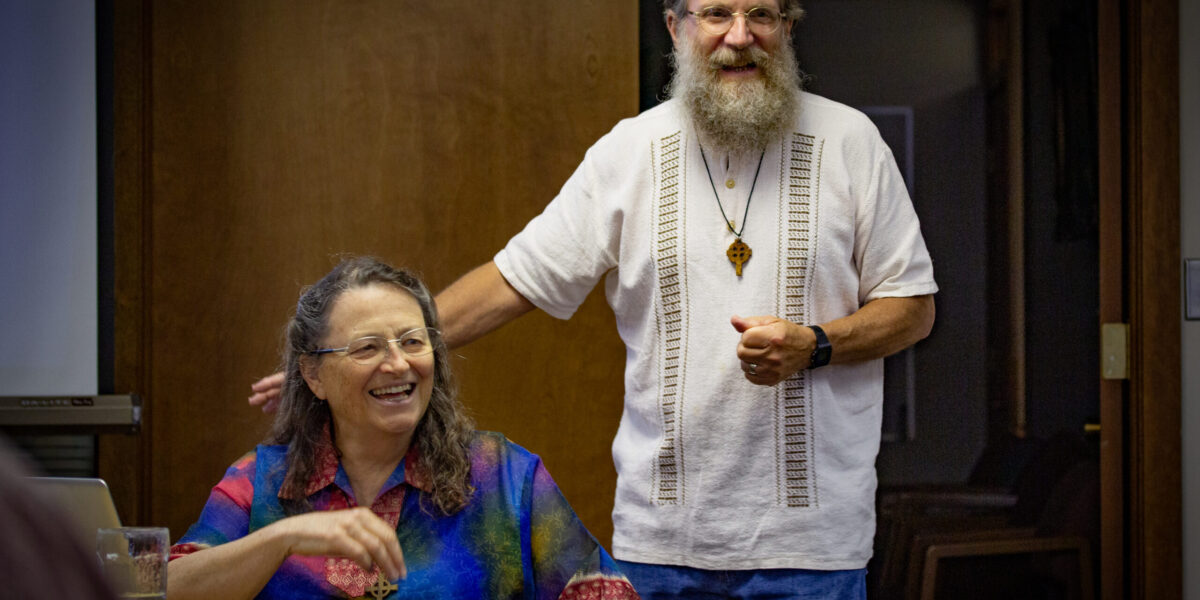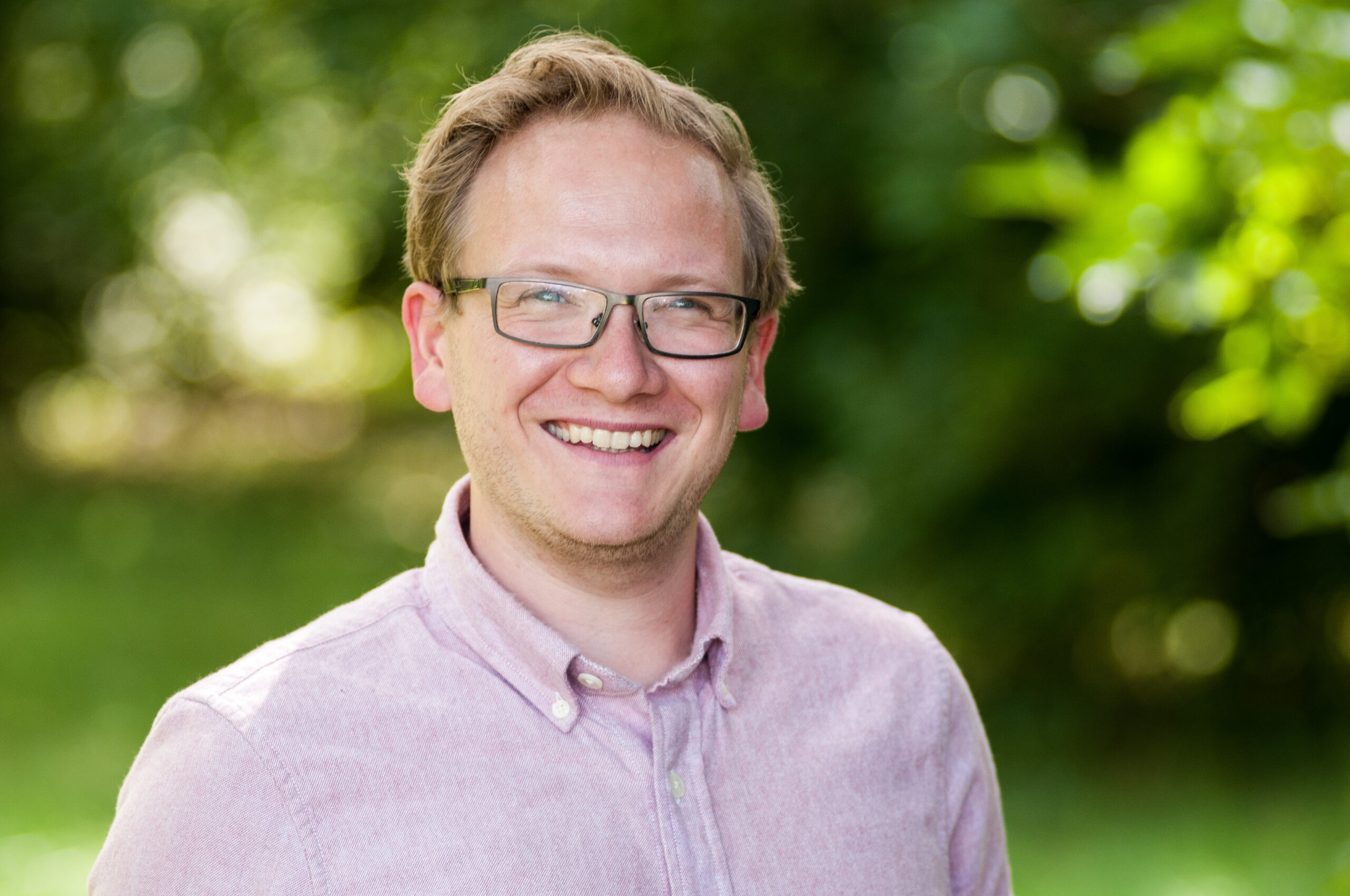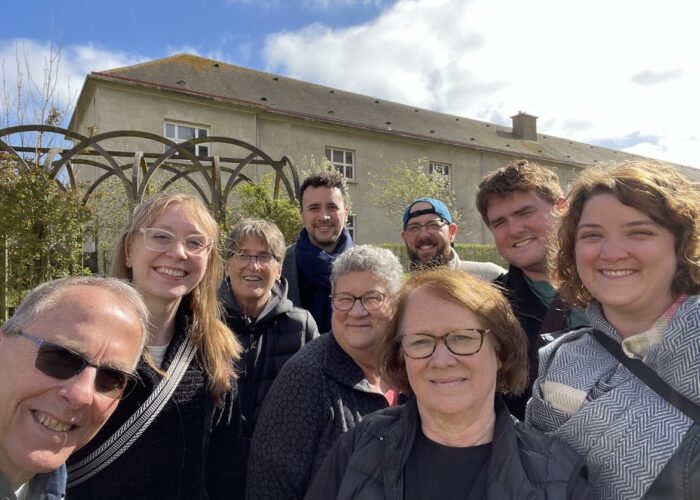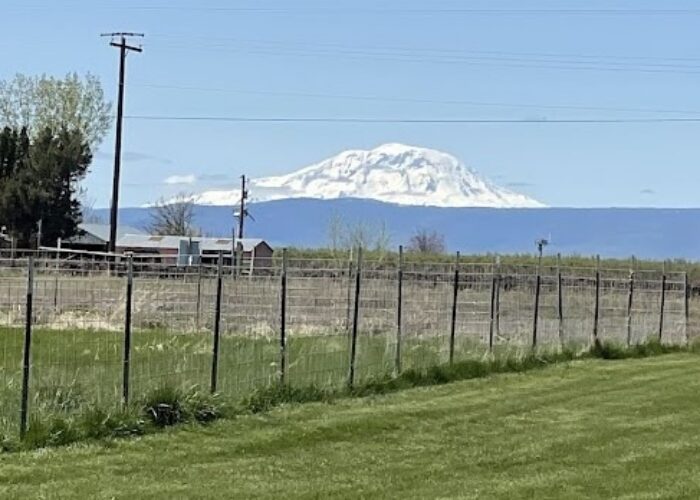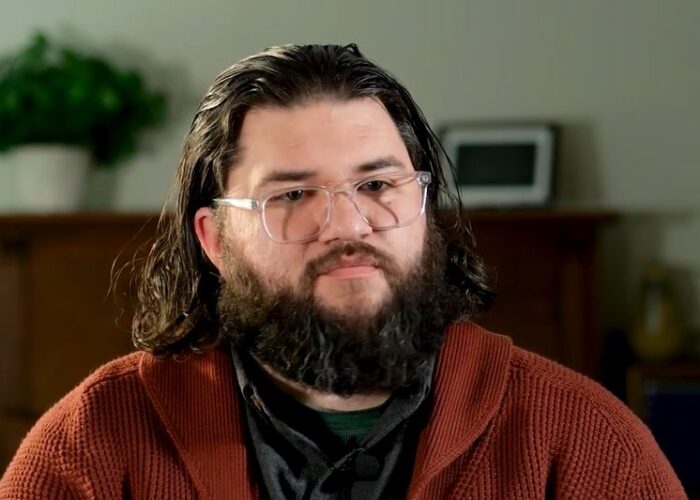NEWTON, Kansas (Mennonite Mission Network) – Mark
and Mary Hurst aren’t retiring. That’s not the way they describe it, at least.
When the couple concluded their partnership with Mennonite Mission Network as
full-time workers at the end of September, they viewed the occasion as a chance
to remove just one of the many “hats” they have worn over their 30 years of
mission work in Australia.
Earlier this year, they took off their hat of
being pastors at Avalon Baptist Peace Memorial Church in northern Sydney. Soon
after, they moved outside of the city to a six-bedroom brick house (affectionately
known as Magpie Hollow) on the western edge of Sydney’s Blue Mountains. It is
here where they expect to invest much of their future time and energy hosting
group retreats. They will continue to wear their last remaining missional hat:
serving as pastoral workers with the Anabaptist Association of Australia and
New Zealand (AAANZ).
“In some ways we’re simplifying our life,”
said Mark. “We’re cutting down on the reports we need to write.”
Throughout three decades in Australia, Mark
and Mary have worked with (and written reports for) multiple North American
Mennonite agencies, including Commission on Overseas Mission and Mennonite
Board of Missions, both predecessor agencies of Mennonite Mission Network. When
Mark and Mary, along with their three children, first moved to Australia in
1990, their initial goal was to plant a Mennonite church in Sydney.
“We found out early on that people were
saying to us, ‘We really don’t need another denomination,’” Mary recalled.
“What we do need is the influence of the Anabaptists. Following Jesus in life
and being people of peace … and how we work at interpersonal peace.”
Through conversations with friends, neighbors
and churchgoers, Mark and Mary pivoted from trying to plant churches to being
mediators that reached out to both existing churches and secular organizations.
Over the years, Mark and Mary have hosted trainings centered around anger and forgiveness. They’ve worked in churches, prisons and schools, and taught
graduate courses in seminaries. Mary describes the trainings as a way to “teach
people how to fight better.” These trainings, in turn, have generated
opportunities for the Hursts to share their faith in a culture that is wary of
traditional mission work and institutional churches.
Mark refers to their outreach as being
alternative, attractive and articulate.
“If you’re living a life that is alternative,
that attracts attention,” he said. “Then when they ask, in gentleness and
respect, you articulate. That’s when you earn the right to share about your
faith.”
For many Australians, the Christian church can
represent a dogmatic view of God as a judge and punisher, an idea that traces
its roots back to the chaplains on Australian-bound convict ships that often
served as magistrates to the imprisoned people aboard. From the late 18th
to mid-19th century, more than 160,000 imprisoned people were
transported from Britain to penal colonies in Australia.
“Saying that we’re church planters, it goes
over like a lead balloon,” Mary explained. “In that culture, it just shuts down
conversations.”
Instead of relying on the traditional model
for church planting, Mark and Mary first brought together individuals from
across Australia and New Zealand for a conference in 1995 to discern what the
Anabaptist presence in the two countries could look like. It was from this
conference that the Anabaptist Association of Australia and New Zealand (AAANZ)
was formed, with the Hursts serving as its pastoral workers.
Over the years, AAANZ has held biannual conferences and promoted “table fellowships” —opportunities for Anabaptists in Australia
and New Zealand to connect with one another virtually through learning webinars,
while hosting a meal in their individual homes. The Hursts see these table
fellowships as an alternative church-planting strategy, helping to promote home
gatherings in communities unable to support larger, traditional
brick-and-mortar churches.
“We found that it’s really important for the
different table fellowships to know they’re not alone,” Mary said. “So getting
to do the interaction on a webinar, where they can see each other and wave and
ask questions … it’s so beneficial.”
For Mark and Mary, Magpie Hollow represents their
next step as alternative church planters, and a place where individuals and
groups can seek out Anabaptist community.
“We want [faith] to grow up out of the
Australian soil,” Mark said. “So we don’t see ourselves as initiators, but more
as resource people to help with what [others] want to do.”
AAANZ is a partner of
Mennonite Mission Network.

